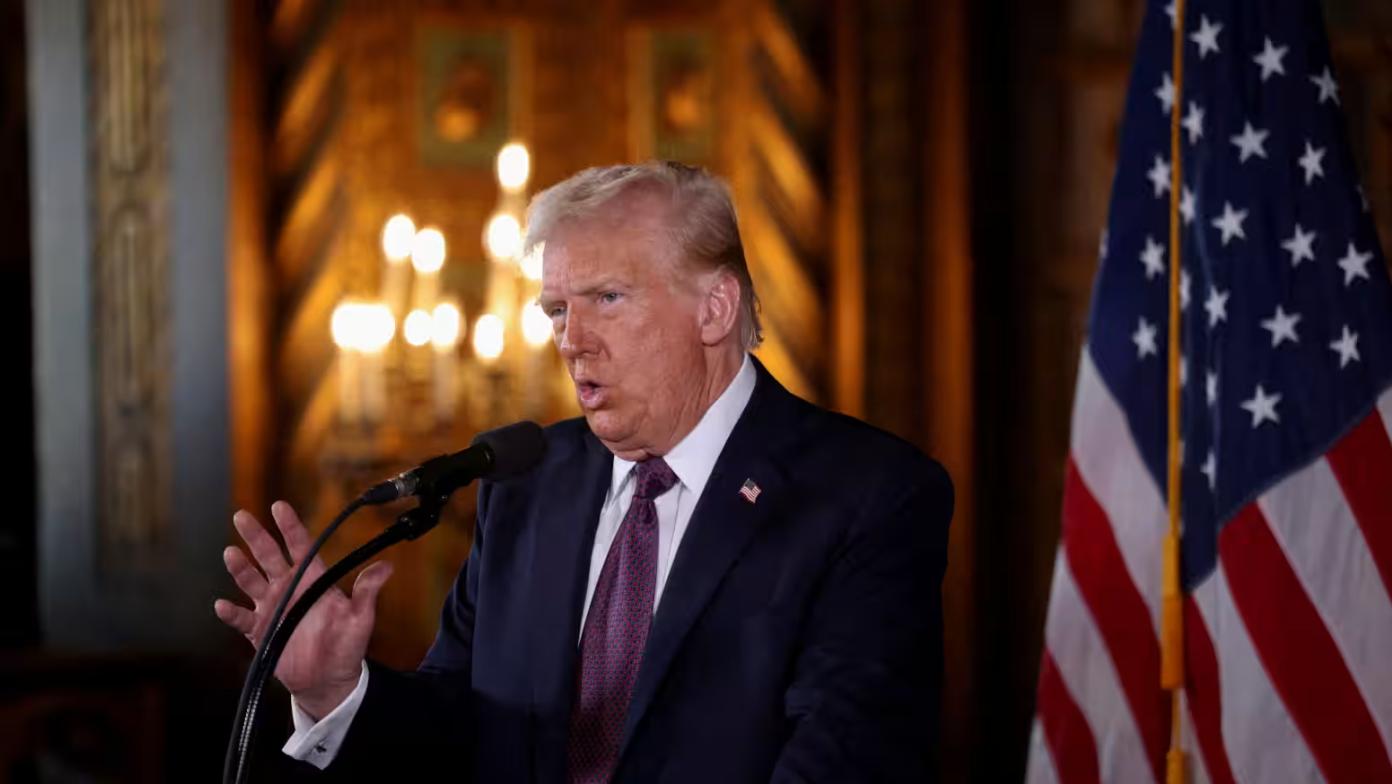
In May 2025, a statement by US President Donald Trump on the social media platform "True Social" caused a huge stir: He announced that he was considering withdrawing about 3 billion US dollars in federal grants from Harvard University and redirecting them to vocational schools across the country. This proposal not only pushed Harvard University to the forefront of public opinion but also reflected the long-standing resource allocation contradiction between higher education and vocational education in the United States.
Policy Background: From Freezing Grants to Radical Funding Shift
The conflict between the Trump administration and Harvard University did not arise overnight. In April 2025, Harvard University sued the Trump administration over "anti-Semitism" controversies, demanding the restoration of its federal funding. Subsequently, US Education Secretary Linda McMahon wrote to Harvard's president, explicitly stating that the government would cease new grants to the university. In early May, the US Department of Homeland Security revoked Harvard University's qualification to recruit international students on the grounds of "fostering violence and failing to curb anti-Semitism," directly impacting its international student population (about 27% of the total student body).
On May 26, Trump escalated the confrontation, announcing the freezing of about 3 billion US dollars in federal grants from Harvard University from institutions such as the National Institutes of Health (NIH) and the Department of Energy, and hinted at redirecting this money to vocational education. He claimed that Harvard University was "filled with radical left-wing professors," "hired a large number of Democrats," and even accused it of having a "strong anti-Semitic color," while vocational education was "the investment the United States urgently needed." This proposal was seen as a retaliatory response to Harvard University's previous legal action and was highly consistent with the Trump administration's long-term policy orientation of "reducing funding for elite universities and strengthening vocational skills training."
Controversial Focus: Can Research Funds Be Adapted to the Needs of Vocational Education?
Trump's proposal sparked intense controversy in the academic and education circles. The 3 billion US dollars in funds that were frozen were originally planned to be used for Harvard University's research in biomedicine, energy technology, and other cutting-edge fields. Vocational education institutions typically lack the infrastructure and teaching staff to conduct such research. Critics pointed out that forcibly transferring research funds to vocational education could lead to a "lose-lose" situation for both systems: Harvard University's research projects would be forced to halt, while vocational schools, lacking the capacity to handle them, would be unable to effectively utilize the funds.
Harvard University emphasized that all its admissions and recruitment policies were in line with federal laws and accused the Trump administration's actions of infringing on academic freedom and due process. A Harvard spokesperson pointed out that the university's approximately 53 billion US dollars in endowment funds and alumni resources already constituted an important source of funds, and federal grants were mainly used to support high-risk, high-return research projects rather than daily operations. If the funds were redirected, it would not only harm the United States' global competitiveness in scientific research but also have irreversible impacts on faculty and students who relied on federal funding.
Deep-seated Motivations: Education Equity, International Students, and Political Maneuvering
Behind the Trump administration's push for the reallocation of funds lies a complex web of strategic considerations. Vocational education is seen as a key solution to the shortage of skilled workers in the United States and a means to promote inclusive economic growth. According to data from the U.S. Bureau of Labor Statistics, the country will add millions of jobs requiring vocational skills in the next decade, yet the current vocational education system is lacking in funds, teachers, and equipment. Redirecting Harvard University's funding to vocational education aligns with Trump's "America First" economic policy and could help him win over blue-collar voters.
The policy on international students is also a point of contention. Trump has repeatedly criticized Harvard for its "overreliance on international students" and demanded that it provide the names and nationalities of all its international students, claiming the need to screen for "radicals." This demand has been seen by Harvard and the international education community as a blatant interference with academic freedom.
Future Outlook: Legal Challenges and Education System Reconfiguration
Harvard University has filed multiple lawsuits against the federal funding freeze and the ban on international students and has received a temporary restraining order from a federal judge. However, the Trump administration remains committed to the reallocation plan, and the conflict is unlikely to be resolved in the short term. If the proposal is implemented, the U.S. higher education system may undergo structural adjustments: top universities will need to reduce their reliance on federal funds and seek private donations or tuition income instead; vocational education institutions will need to enhance their capabilities to absorb the sudden influx of research funds.
The deeper issue is that this game reveals the underlying contradictions in the U.S. education system: how to strike a balance between maintaining academic freedom and promoting educational equity? How to reconcile the development needs of higher education and vocational education? In an era of intertwined globalization and anti-globalization sentiments, every shift in U.S. education policy may have far-reaching implications for the global academic ecosystem. Trump's $3 billion reallocation plan may only be the beginning of this long-term game.

On January 7th local time, GameStop (GME.US) announced that the company's board of directors had approved a potential executive compensation package worth $3.54 billion, which was targeted at the company's CEO, Ryan Cohen. At the same time, this new compensation package set extremely high performance thresholds: Cohen, the CEO, needed to increase the company's market capitalization from $9.5 billion to $100 billion.
On January 7th local time, GameStop (GME.US) announced that…
According to the British media The Guardian, recently US Pr…
In today's era of deep integration of globalization and dig…
In early 2026, US President Trump forcibly took control of …
Recently, the corn market dynamics analysis released by Aus…
Donald Trump has proposed an "immediate" restriction on lar…